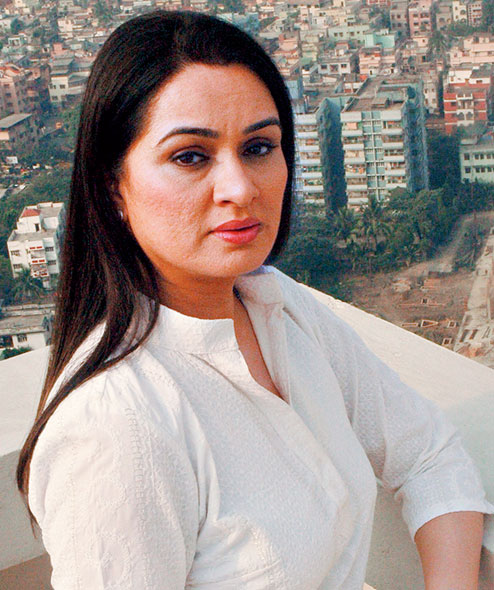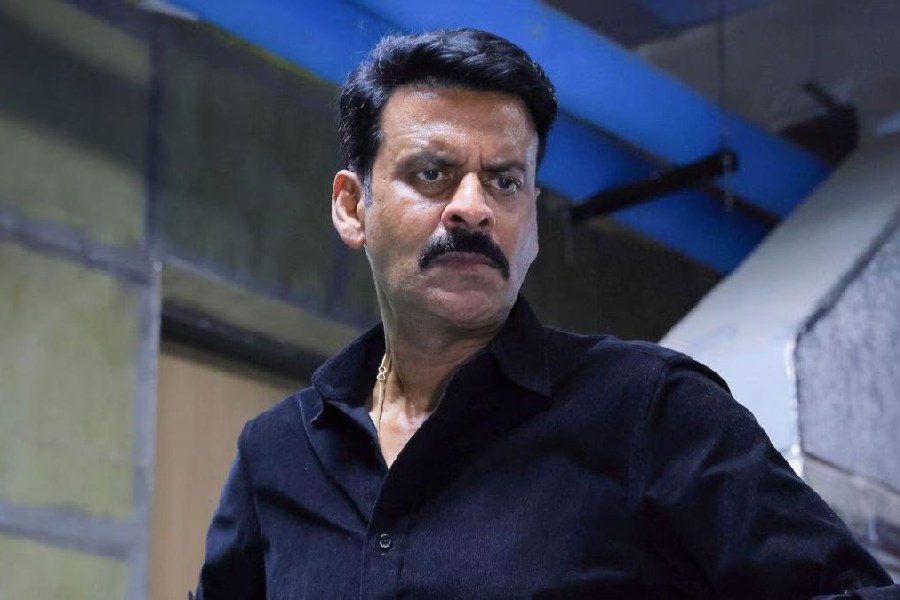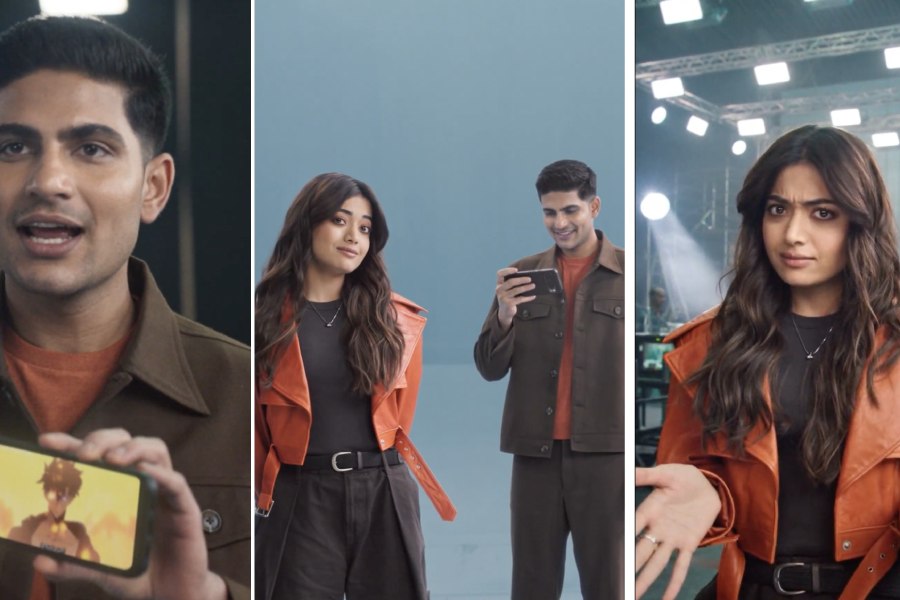
Ban, the BJP's favourite three-letter B-word, raises its controversial head again. Move over AIB Roast, you're last season. It's all about the BBC's India's Daughter now. The cocktail talking point is, have you seen the 59-minute documentary or not?
After BBC telecast it midweek, ahead of International Women's Day which is today (March 8), there were so many YouTube links flying around that if one site said, "BBC Storyville... This video is no longer available due to a copyright claim by BBC," another opened up in seconds (that too in good quality HD) with the quizzical line, "A Delhi court has blocked the viewing of this film in India." Indeed. It only ensured that more logged on and watched it, getting far more attention than a documentary would have otherwise fetched.
But I have to say this: India's Daughter is a very well-made film that sums up the horror of the gang rape that rocked Delhi, and then the rest of the country, in December 2012.
Having watched it (like lakhs of other Indians who, strictly speaking, should not have), one is seriously baffled at how the BJP brain works. Does the documentary show India in a poor light? If anything, the documentary only shows the government of 2012 in poor light, right from the intemperate initial police action on peaceful protestors against the rape to Sonia Gandhi's clipped, too-little-too-late statement. And if the filmmaker and the TV channel flouted rules and regulations, once again, who was in power when Leslee Udwin filmed inside Tihar Jail with impunity?
Evidently, rapist-murderer Mukesh Singh from death row made his monstrous remarks in an extensive, uninterrupted interview to Ud-win. Her camera professionally followed cops shepherding the other convicted rapists in the same case around Tihar Jail. There was nothing surreptitious or hurried about her camerawork. So who did something dodgy when in power?
Therefore, apart from the many obvious questions the documentary raises about a petrifying mindset that still prevails in our country, you wonder too if the same generous permissions would have been given by the Congress to a brown-skinned filmmaker.
The government (and the UN, I believe) is also indignant that the victim of the terrifyingly brutal rape was named all through the documentary. But we're on thin ice again because while the law forbids it, Asha and Badri Singh, her parents, had no issues with naming her. They felt, and rightly so, that she was the "light" that led the way for the shame and stigma on rape to be replaced with courage and confrontation of the crime.
In this manner, the documentary giv-es rise to myriad debates and thoughts.
For instance, when Leila Seth, author Vikram Seth's mother and first lady judge at the Delhi High Court, wrapped up India's Daughter by stating that education would perhaps help correct the prevalent mindset, one saw a paradox right there in the documentary. While the plucky but tragically dead girl's parents sold their ancestral land to fund her dream of becoming a physiotherapist, the rapists' defense team, presumably educated, made the most disgusting remarks about women. Who had the more progressive mindset there?
One could go on discussing this newly-banned item but the main point is that the self-crowned custodians of Indian culture seem to have tripped again. With the ban, they have gifted India's Daughter more eyeballs. They have also given Udwin a chance on prime time to repeatedly come up with patronising lines like, "It was my gift to India." Thank you, Santa Claus?
By the way, I learnt from the documentary trivia like Life of Pi was the film the poor girl had gone to see with her male friend before the devils devastated her. It prompted me to call up a consummate actress who had played a rape victim (long before the term turned to "rape survivor") when she'd barely entered her teens. When she filmed B.R. Chopra's well-received Insaf Ka Tarazu, Padmini Kolhapure was only a kid. "I had no clue what rape meant," she remembered. "I hadn't even seen Lipstick , the original from which it was inspired. I just did what I was told to do in front of the camera."
By the time she understood a bit more about the birds and the bees, Padmini had started doing rape scenes as a matter of routine. "You had to sing, dance, cry, laugh, and do one rape scene in your films." They required more running and screaming than really portraying the trauma of rape. Padmini even did one of those infamous attempted rapes with her brother-in-law Shakti Kapoor as her co-star in a film titled Do Dilon Ki Dastan .
But in real life, Padmini is so sensitive to a crime as horrific as rape that she watched the recently released Badlapur with her eyes closed during certain scenes.
And no, she didn't immediately click on the link to India's Daughter . "But with everything going viral these days, how does a ban help?" she mused.
A common question. No answer.
Bharathi S. Pradhan is a senior journalist and author











